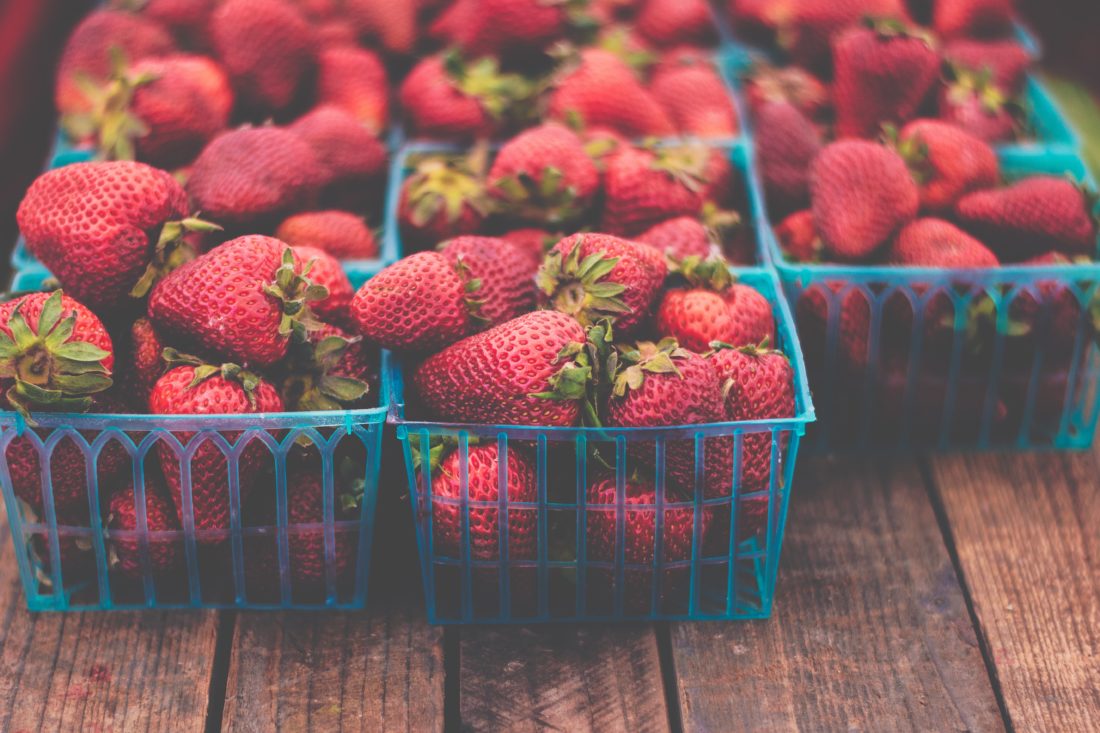
Foods That “Kill” Cancer
While there are no foods that “kill” cancer, there are dietary changes you can make to help your body be inhospitable to cancer. People who eat plant heavy diets are shown to have lower cancer rates than those who eat diets that are full of meats and other processed foods. Diet accounts for 30-35% of environmental causes of cancers. Dr. William Li believes that naturally anti-androgenic foods may be added to the diet so as to “we can eat to starve cancer”.
The Angiogenesis Foundation advocates for the prevention of serious diseases like cancer and obesity by using the body’s ability to regulate the correct amount of blood vessels to serve the body. While the body creates most of it’s blood vessels in utero, more may be created or destroyed with menses cycles, when creating a placenta, healing wounds, while creating new fat reserves, or feeding a new tumor.
Blood vessels are remarkable as they adapt to serve the needs of whatever environment they develop in. “When angiogenesis is out of balance, a myriad of diseases result,” says Dr. William Li in his Ted Talk.
Early cancers, in their first stages of formation, do not have additional blood vessels feeding them. However when cancer metastasizes, new blood vessels form, connecting the cancer to the blood flow of the rest of the body, allowing it to spread quickly. When cancer is starved of the nutrients in the blood supply, it will often die off without growing or spreading.
“Mother nature has laced a large number of foods, beverages, and herbs with natural inhibitors of angiogenesis.” Strawberries, green tea, dark chocolate, garlic, turmeric, lavender, pumpkin, grapefruit and oranges have all undergone some testing and have been shown to have anti-angiogenic potency. Additionally, components of naturally angiogenic plants like parsley and olive plants are used in Barber Surgeon Guild’s hair maintenance and restoration products for some of their other qualities.
Another, commonly recommended way to make your body in hospitable to cancer cells is by maintaining alkaline pH of blood. Blood is naturally alkaline as opposed to acidic, and it has been shown in clinical settings that cancer is more likely to thrive in acidic environments.
Below is some advice from Dr. Robin Berzin, founder and CEO of Parsley Health to maintain an alkaline environment in the body. 
“Everything from the food you eat, to stress levels, and daily lifestyle habits can affect how alkaline your body is. To help alkalize your body try some of the following:
1. Support detoxification. Poop every day, sweat at least 4-5x per week, and make sure you are methylating well by taking 5-MTHF, a type of pre-methylated folate, an essential B-vitamin for those who genetically do not methylate well.
2. Meditate. Stress is inflammatory. And we know that deep breathing practices and meditation, can have profound effects on the body, from lowering blood pressure, to lowering inflammation and improving immune function.
3. Exercise regularly. Activity helps to move acidic waste products in order for your body to better eliminate them and lowers inflammatory chemicals in the body that promote cancer such as IGF-1.
4. Avoid toxins in your personal care and cleaning products, many of which are hormone-disruptors. Turn to the Environmental Working Group’s app Skin Deep to find researched clean products instead.”
In addition, sodium bicarbonate, a base usually taken to neutralize stomach acid, has been shown to increase the effectiveness of chemotherapy drugs when taken in tandem.
You should always follow recommended screening protocols and scheduling as recommended by your primary care doctor who is familiar with your family history. If you are interested in adding angiogenesis inhibiting foods into your diet or learning more about the latest cancer treatments, consider looking into The Angiogenesis Foundation or speaking with a nutritionist and discussing what dietary choices are right for your lifestyle and goals.
Be sure to subscribe to the Barber Surgeon’s Guild Dispatch to stay in touch as we continue to bring you the best hair care, lifestyle, and scientific information.
